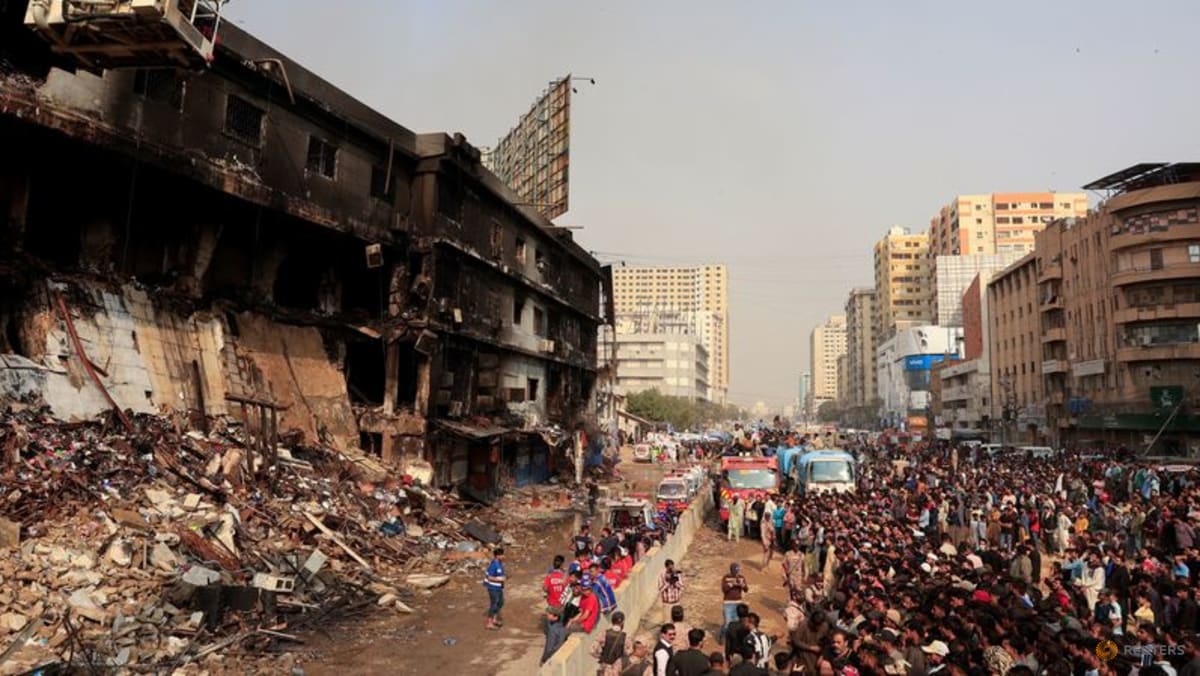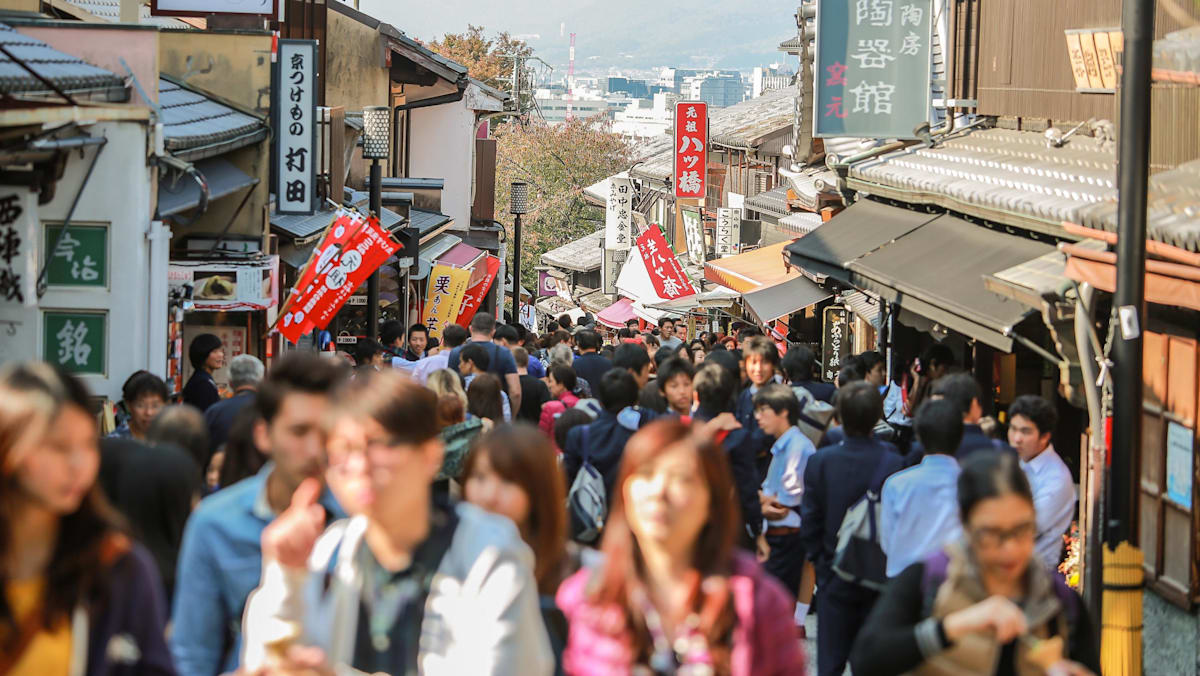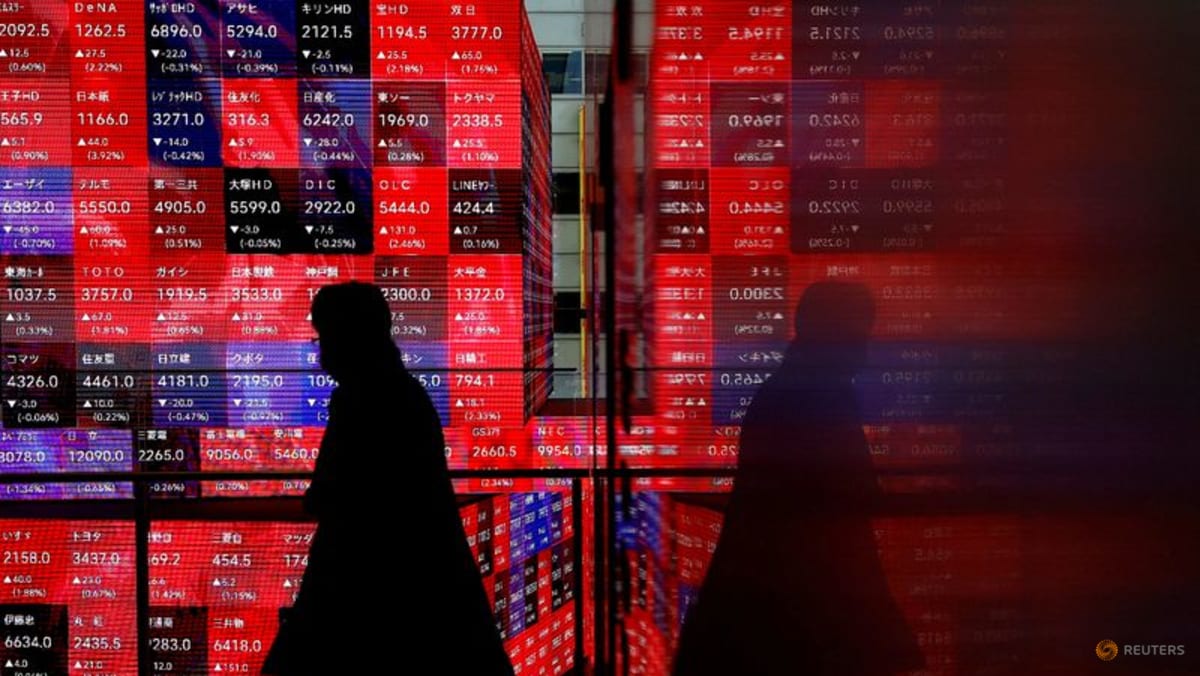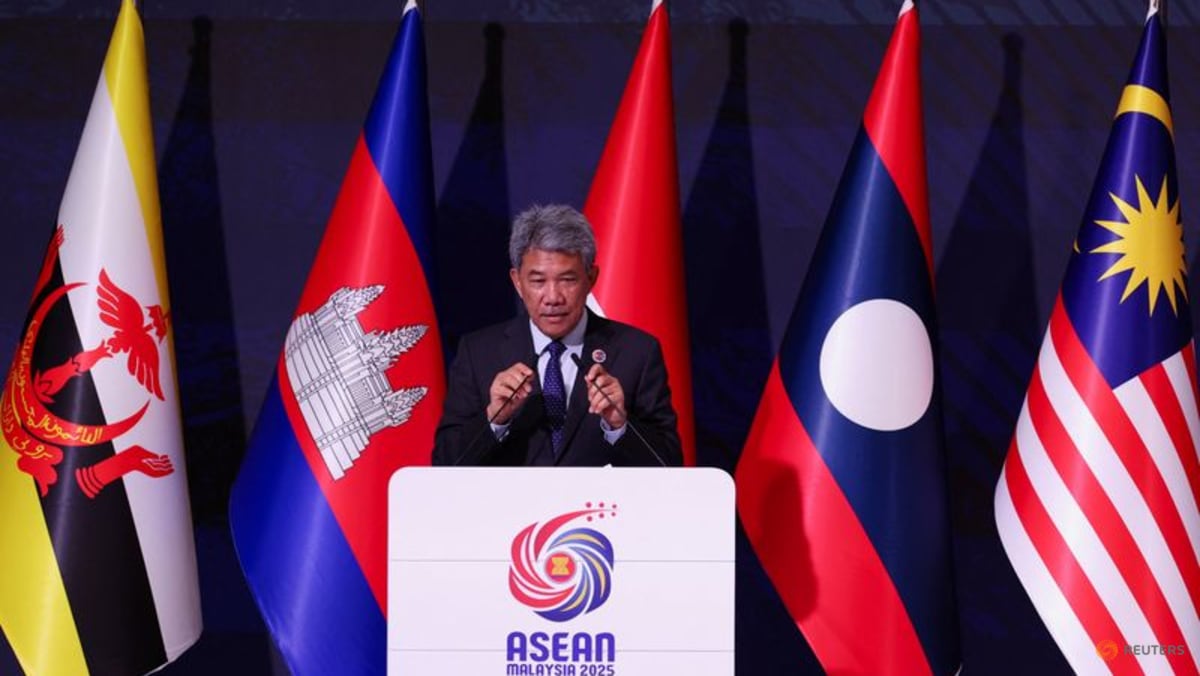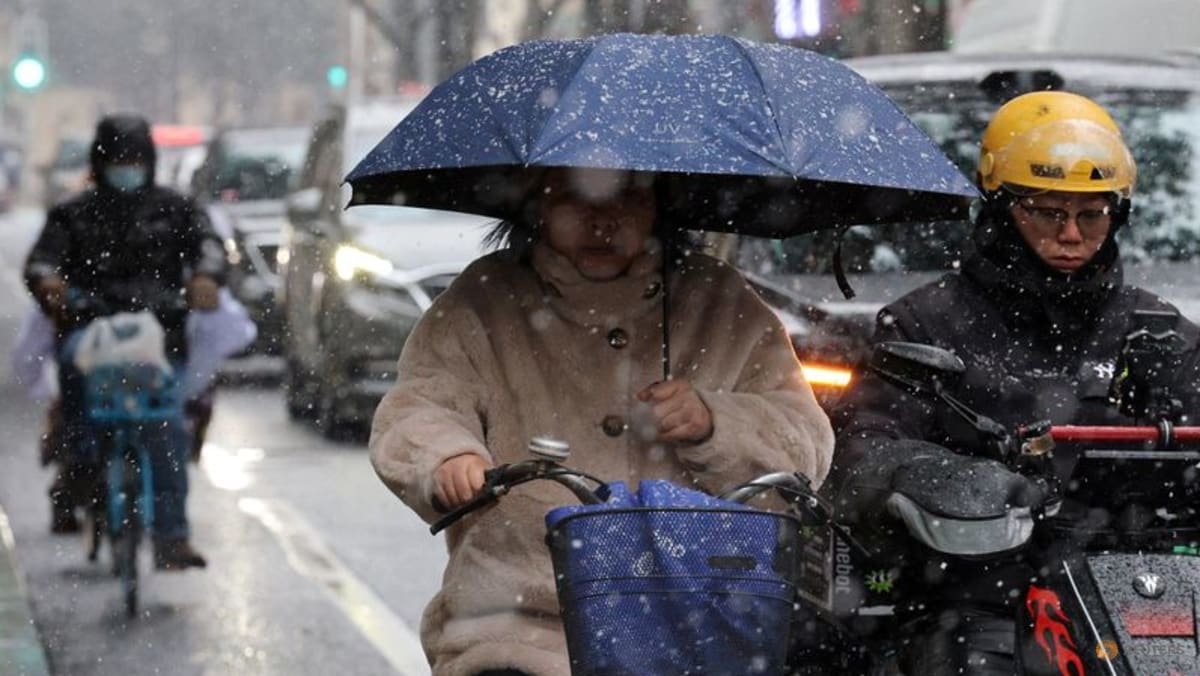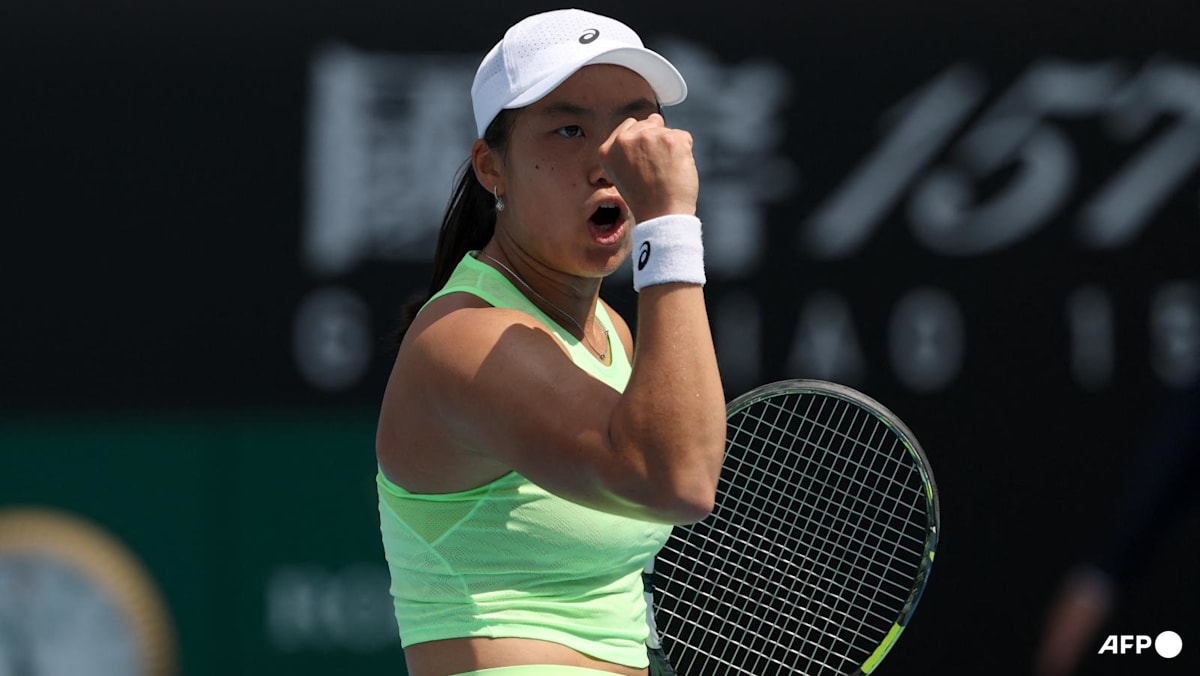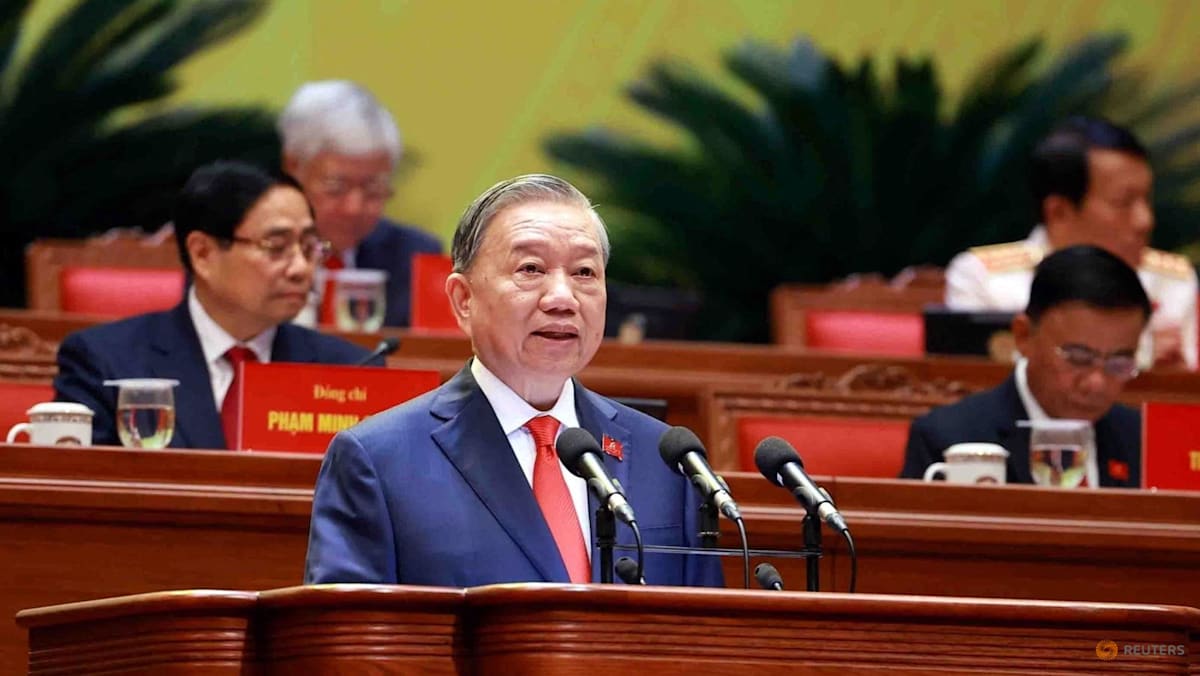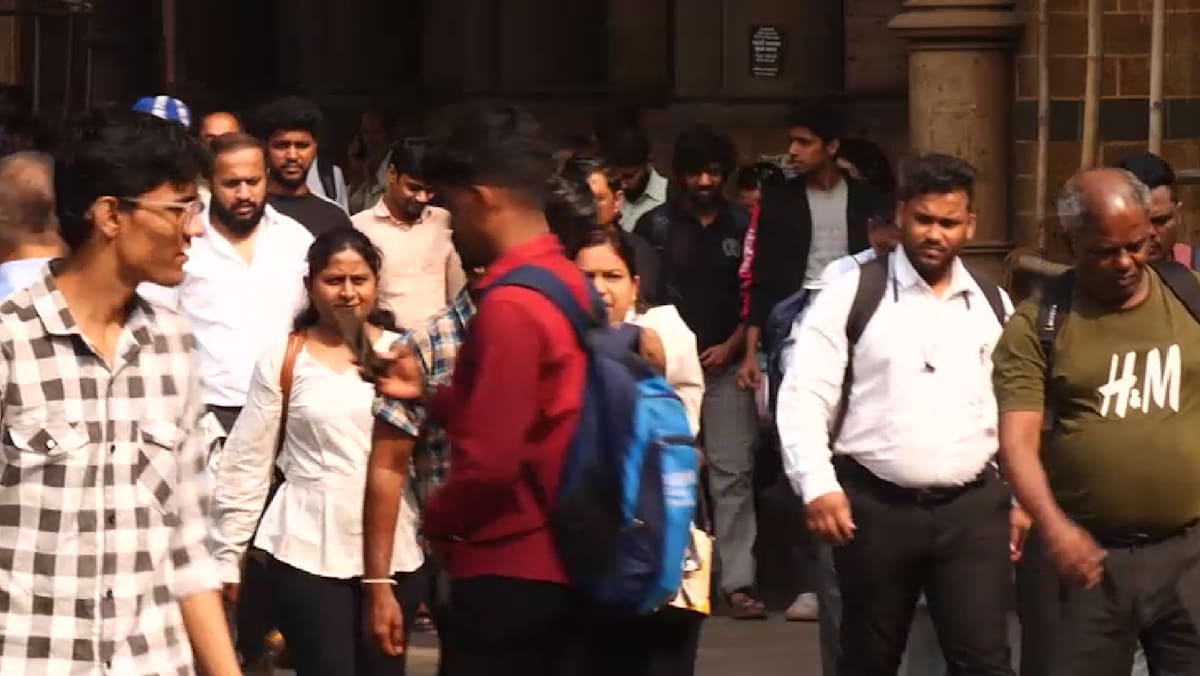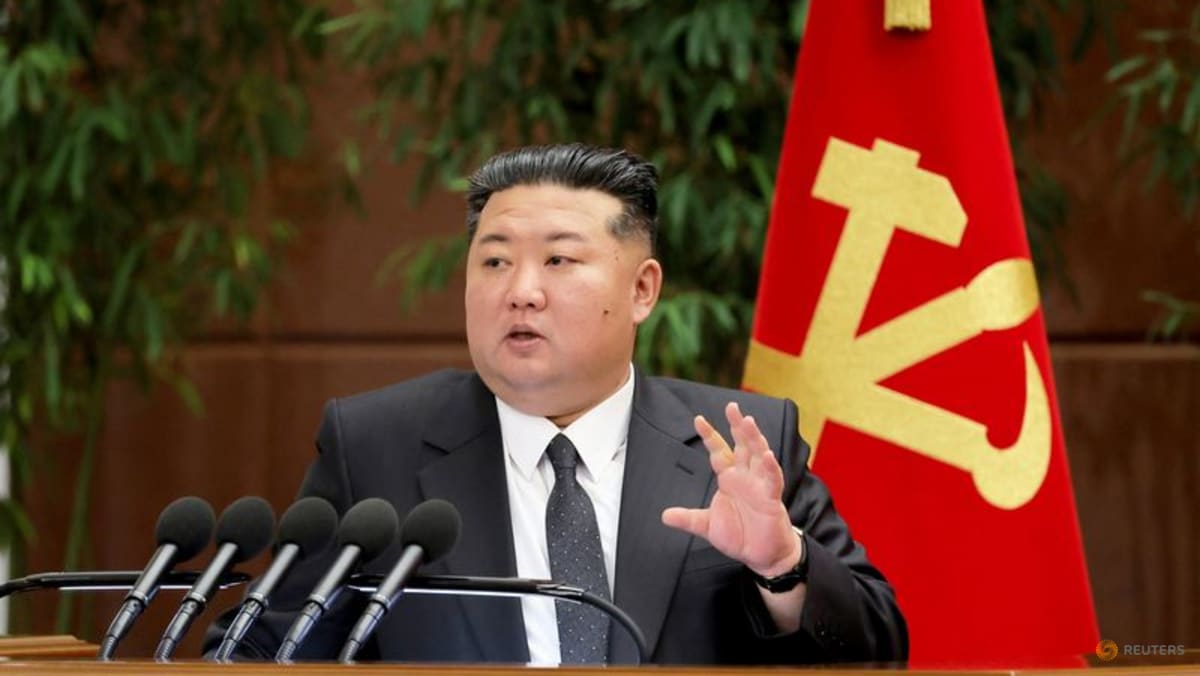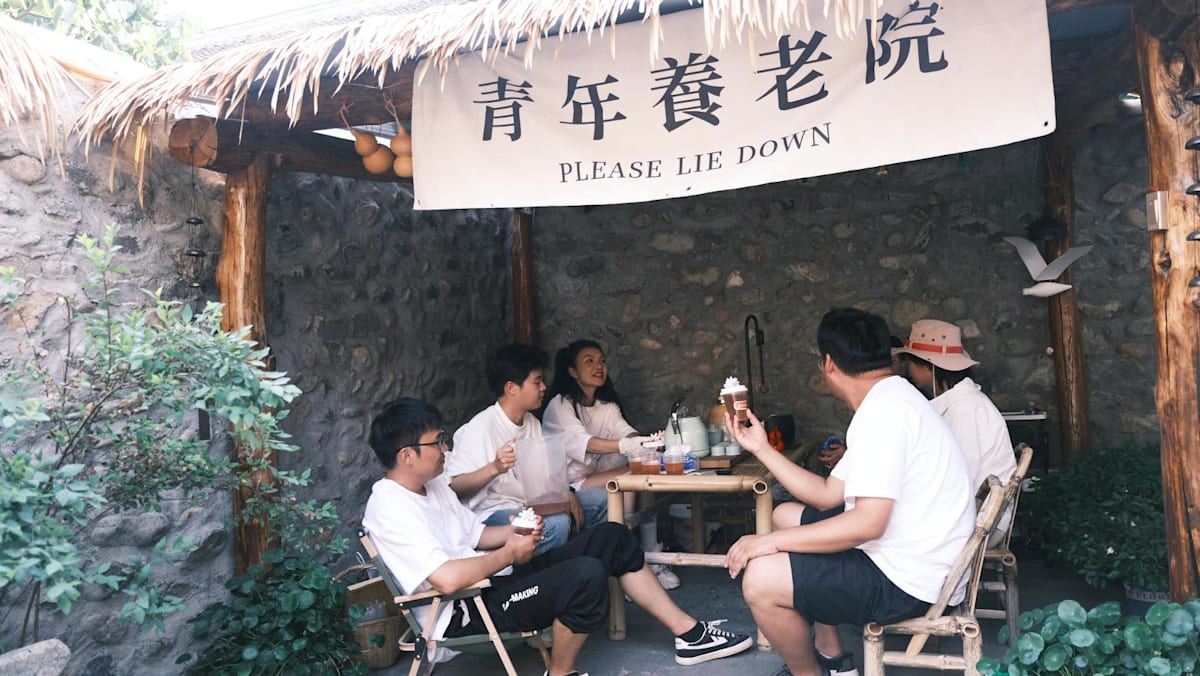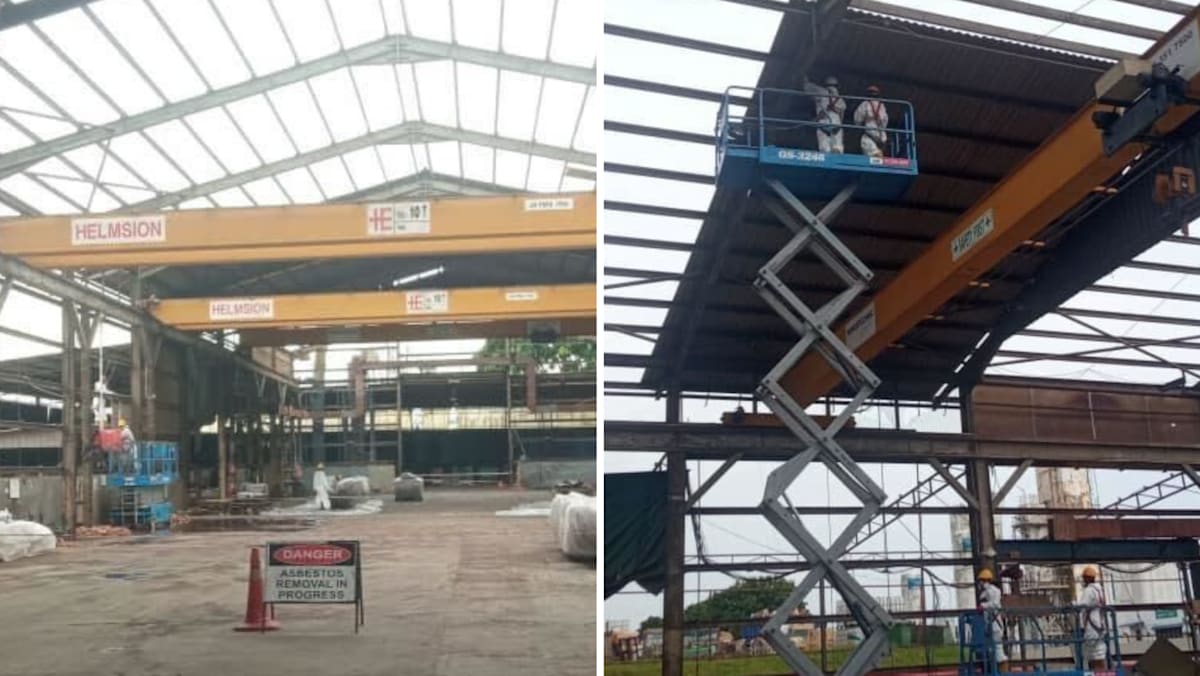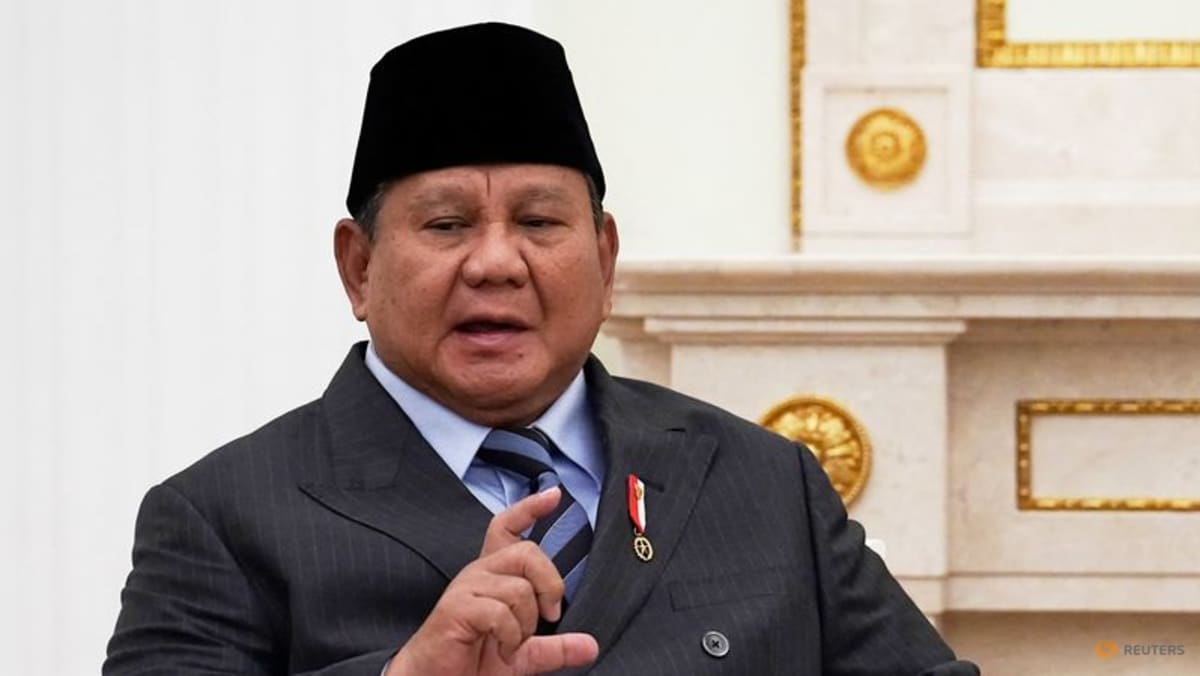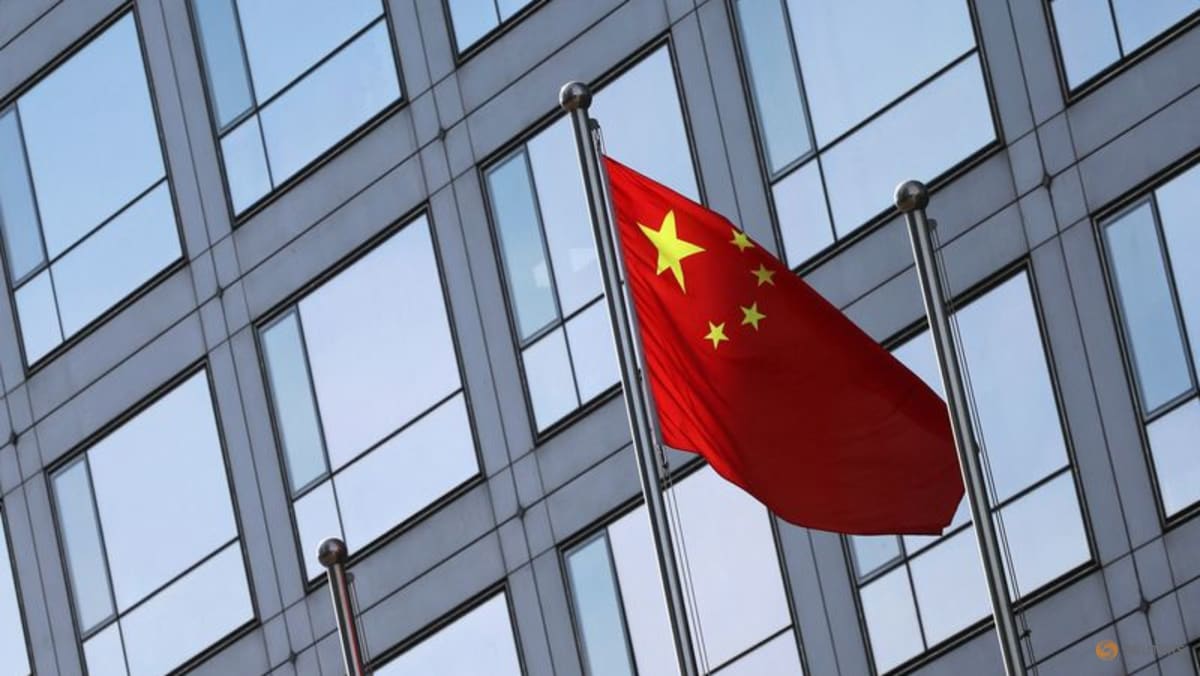Commentary: There’s an easier way to tax the rich in Malaysia
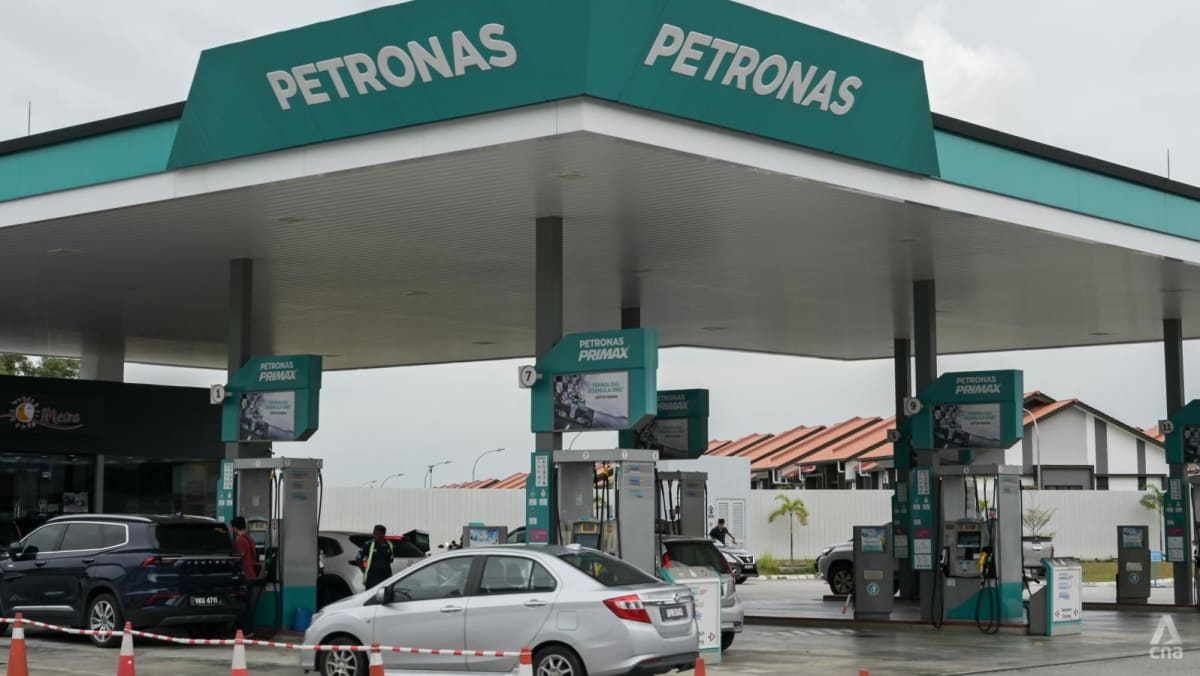
FUEL SUBSIDY REFORM IS DIFFICULT
Removing subsidies for ultra-rich families in residential schools is technically uncomplicated, although a multi-tiered fee structure is arguably more reasonable than a binary system of non-subsidy for the T15 and subsidy for the rest. The Ministry of Education could obtain family income data and charge fees per year or semester accordingly.
Petrol, in contrast, is constantly consumed at stations across the land. Malaysia has floated the price of RON97 since May 2018 but T15 car owners cannot be compelled to use the higher grade petrol; they can freely consume subsidised RON95.
Fuel subsidy reform is difficult. Anwar’s Madani government has declared petrol as the next step in its subsidy rationalisation, after raising tariffs on electricity in January 2023 and cutting diesel subsidies for private, non-commercial vehicles in June 2024.
Budget 2025 has steered clear of general reform, proposing instead to retain the subsidy for the vast majority while abolishing it for the T15.
The emergence of this T15 label came with scant detail. It has stirred debate over the income level that defines the ultra-rich. The Department of Statistics’ 2022 Household Income Survey puts the threshold at around RM13,000 per month, but the government might be inclined to set a higher figure.
This plan to impose differential petrol prices, however, raises more fundamental issues.
First, Malaysia should not lose sight of the underlying sustainability and climate crisis mitigation objectives of fuel subsidy rationalisation. Cheap fuel induces higher greenhouse gas emissions; higher prices are economically and politically challenging but must continually be a sustainable development goal.
Second, the enforcement of differential petrol prices at the pump faces steep hurdles due to the sheer volume and generality of the subsidy.
Whereas the diesel subsidy applies to commercial vehicles which carry a fleet card, the proposed petrol subsidy will apply to the vast majority, possibly by requiring MyKad identity cards to be scanned at the pump to retrieve income status. Besides the technical complications, the mechanism can be easily gamed by borrowing MyKads.
Source: CNA


